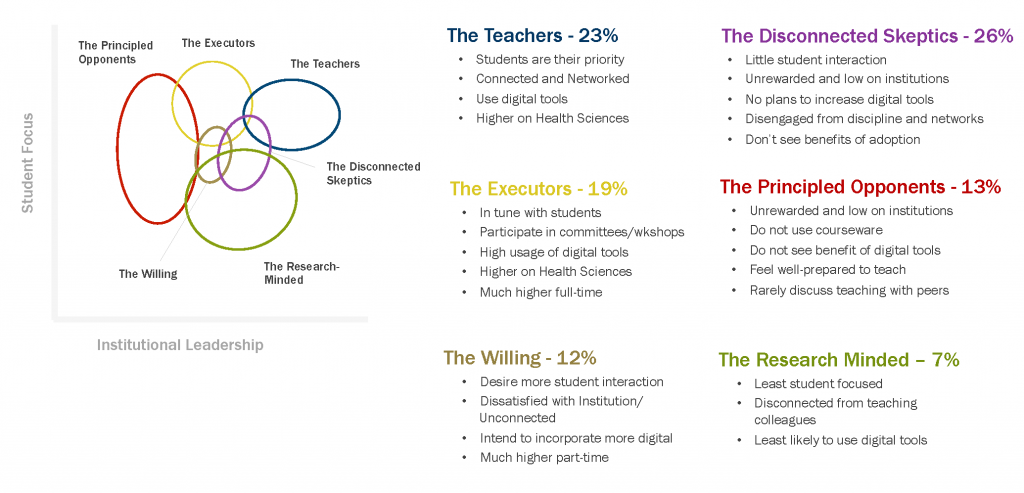A collection of key resources and documents on copyright concerns vis-a-vis online courses. Includes a contribution from UO’s Andrew Bonamici. A useful companion piece that supports local efforts to assist faculty with this topic.
The resources in this issue explore the changing landscape of copyright in academic settings, with particular attention to the role that technology plays in the use of intellectual property in higher education.
[embeddoc url=”https://blogs.uoregon.edu/edtechknowledge/files/2015/12/elir1506-18k2z68.pdf” download=”all” viewer=”google”]
Diaz, Attardo, Bonamici, Eke, Guevara, Hoas, McDaniel, O’Neill, and Stoute (2015). 7 Things You Should Read About Copyright in Online Education: Perspectives and Models. EDUCAUSE Learning Initiative, EDUCAUSE.

